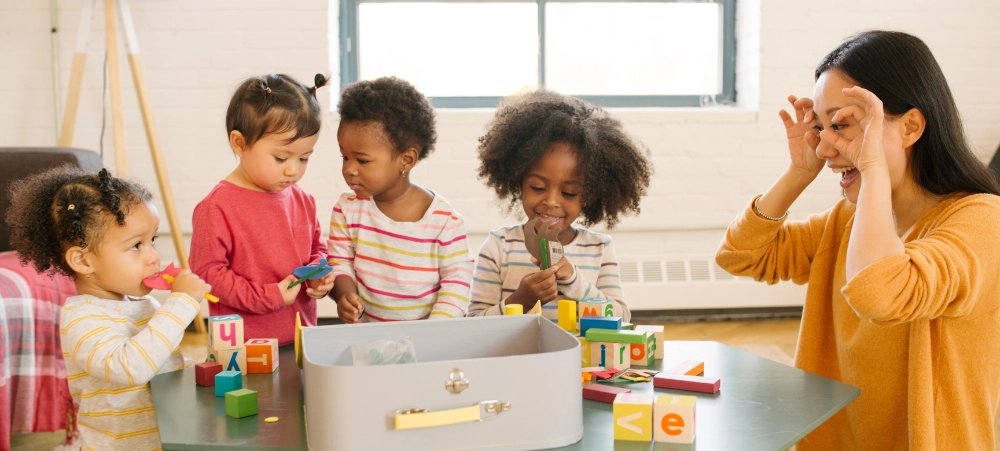The early years of a child’s life are filled with wonder, curiosity, and adventure. At Dibber International Preschools, we believe these formative years are the perfect time to nurture a child’s innate curiosity through early education and care, laying the foundation for lifelong learning and development.
“Early childhood education is not just about preparing children for school; it’s about setting them up for success in all areas of life,” says Ursula Assis, Country Director of Dibber International Preschools. “When we engage young minds early on, we help them build essential skills, develop confidence, and foster a love for learning that lasts a lifetime.”
The Benefits of Early Childhood Education and Care
Research and experience show that early learning has a profound impact on a child’s cognitive, social, and emotional development. Here are seven key advantages:
- Literacy and Numeracy Skills Early education introduces children to letters, numbers, and foundational concepts in a structured and engaging way. “With the guidance of skilled educators, children develop the focus and understanding they need to excel in literacy and numeracy,” explains Assis.
- Independence Preschool is often the first environment where children step outside their homes, encouraging them to develop a sense of independence. “This new setting helps children learn to make choices, solve problems, and navigate the world on their own,” says Assis.
- Socialisation: Interaction with peers teaches children the basics of teamwork, cooperation, and empathy. Assis emphasises, “Being around others of a similar age allows children to form friendships, share experiences, and learn the value of community.”
- Confidence “When children feel seen and heard, their confidence grows,” says Assis. Experienced educators create an encouraging environment where children feel valued, boosting their self-esteem and inspiring them to express themselves.
- Routine and Structure Predictable routines help children feel secure and in control. “Knowing what to expect each day provides children with a sense of stability and helps them develop important life skills like time management and responsibility,” adds Assis.
- Lifelong Love of Learning By making learning enjoyable and nurturing a child’s adventurous spirit, early education fosters a positive attitude toward gaining knowledge. “Children who enjoy learning in their early years are more likely to carry that enthusiasm into adulthood,” Assis notes.
- Exposure to Diversity Early education introduces children to diverse cultures, religions, and abilities, helping them appreciate uniqueness and embrace the concept of unity in diversity. “This exposure helps children understand the world around them and builds a foundation of respect and inclusivity,” says Assis.
Creating Holistic Learning Experiences
At Dibber International Preschools, our approach to early childhood education goes beyond academics. We provide children with opportunities to explore, create, and connect through play-based learning and carefully designed activities. “Every moment in a preschool setting is an opportunity for growth, whether it’s discovering new concepts, building friendships, or understanding the world more deeply,” says Assis.
Dibber’s commitment to holistic development ensures that children receive the emotional, social, and intellectual support they need to thrive. “Parents can trust that their child is not only gaining knowledge but also developing the skills and values needed for a fulfilling life,” Assis concludes.
- What Parents Should Look for in a Preschool: The Power of Play-Based Learning - December 23, 2025
- Are We Over-Scheduling Our Children? - December 16, 2025
- Five Ways to Encourage Independence and Confidence in Children with Special Needs - December 9, 2025





